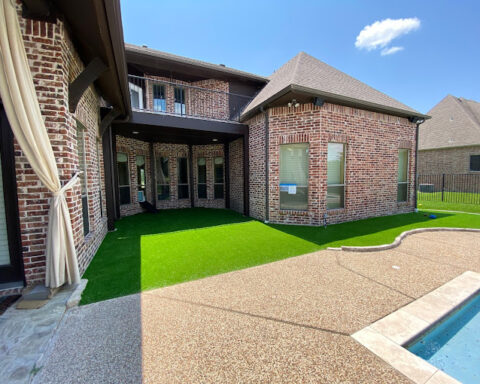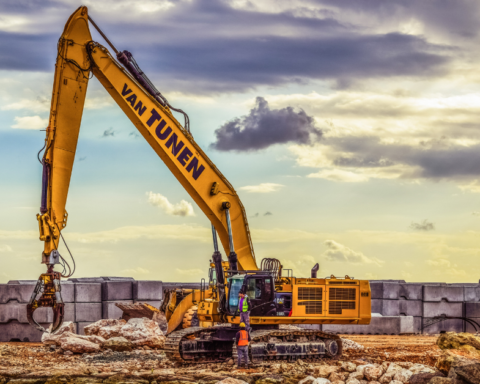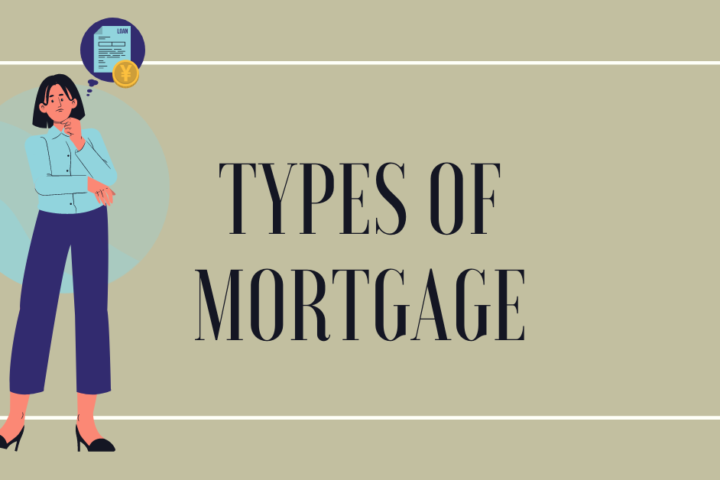In India, buying a home is often a significant milestone in one’s life, and for many, it’s a dream come true. However, the majority of homebuyers rely on financial assistance in the form of mortgages to fulfill this dream. A mortgage is a loan provided by financial institutions to help individuals purchase real estate. In India, the mortgage market offers a variety of options tailored to suit different financial situations and preferences. Understanding the different types of mortgage available can empower potential homeowners to make informed decisions. Let’s explore some of the most common types of mortgages in India.
Fixed Rate of Mortgage in India
Fixed-rate mortgages are among the most traditional and popular types of home loans in India. With this type of mortgage, the interest rate remains constant throughout the loan tenure. This offers borrowers predictability and stability in their monthly payments, making budgeting easier. Fixed-rate mortgages typically have higher initial interest rates compared to variable-rate mortgages. However, borrowers are protected from fluctuations in interest rates, providing peace of mind and financial security.
Floating Rate Mortgages
Floating rate mortgages, also known as adjustable-rate mortgages (ARMs), feature interest rates that fluctuate with market conditions. In India, floating rate mortgages are linked to external benchmarks such as the Repo Rate or the Marginal Cost of Funds based Lending Rate (MCLR). As these benchmarks change, so does the interest rate on the mortgage. While floating rate mortgages offer the potential for lower initial interest rates compared to fixed-rate mortgages, borrowers are exposed to the risk of interest rate fluctuations. Therefore, individuals opting for floating rate mortgages should be prepared for potential changes in their monthly payments.
Hybrid Mortgages
Hybrid mortgages combine features of both fixed-rate and floating rate mortgages. Typically, these mortgages offer a fixed interest rate for an initial period, after which the rate converts to a floating rate for the remainder of the loan tenure. For example, a hybrid mortgage might offer a fixed rate for the first five years, followed by a floating rate thereafter. This type of mortgage appeals to borrowers who seek the stability of a fixed rate initially but are willing to accept the potential for rate adjustments later on.
Home Construction Loans
Home construction loans are specifically designed to finance the construction of a new home or property. Unlike traditional mortgages where the entire loan amount is disbursed upfront, construction loans release funds in stages based on the progress of the construction project. Interest payments are typically required only on the amount disbursed, rather than the total loan amount. Once the construction is complete, the loan may be converted into a conventional mortgage.
Land Purchase Loans
Land purchase loans are tailored for individuals who intend to purchase a plot of land for residential or investment purposes. These loans provide funds to acquire land without immediate plans for construction. Interest rates and loan terms for land purchase loans may vary depending on factors such as location, size of the plot, and borrower’s creditworthiness. Some lenders may offer land purchase loans with the option to convert them into construction loans later on, facilitating seamless financing for future construction projects.
Reverse Mortgages
Reverse mortgages cater to senior citizens who own a home and seek a regular source of income in their retirement years. With a reverse mortgage, the borrower receives regular payments from the lender, which are based on the equity in their home. Unlike traditional mortgages, the borrower is not required to make monthly payments. Instead, the loan is repaid either upon the borrower’s death or when the home is sold. Reverse mortgages offer elderly homeowners the flexibility to access the value of their home without having to sell it or vacate it.
Conclusion
The Indian mortgage market offers a diverse range of options to accommodate the varying needs and preferences of homebuyers. Whether one prioritizes stability, flexibility, or specialized financing for construction or land purchase, there’s a mortgage product to suit every requirement. Before selecting a mortgage, it’s crucial for individuals to assess their financial situation, future plans, and risk tolerance. By understanding the different types of mortgages available, borrowers can make informed decisions that align with their long-term financial goals and homeownership aspirations.

















